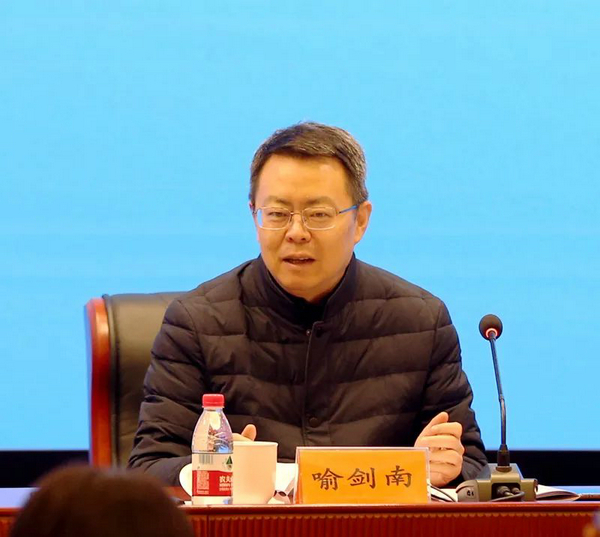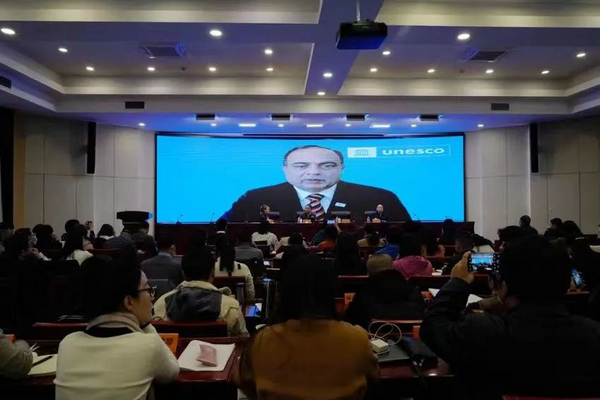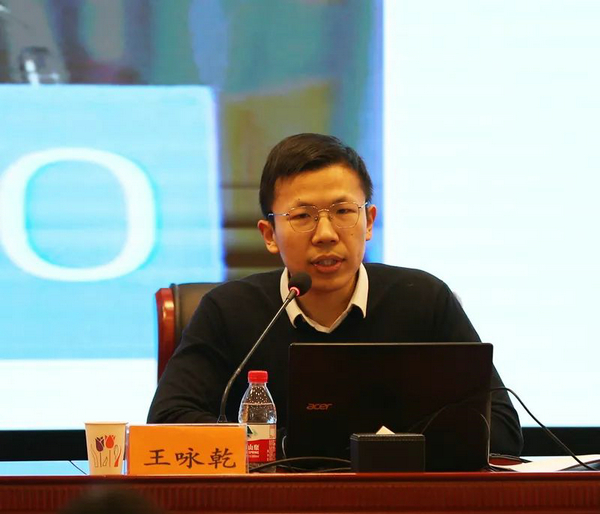“Training of Trainers for the 2003 Convention at Chinese Colleges and Universities” successfully concludes in Beijing

Yu Jiannan expressed that this training of trainers is a vital component of UNESCO’s Global Network of Facilitators, within the framework of its global capacity-building strategy. It signifies a further deepening and expansion of thematic training for intangible heritage trainers. Through multi-departmental cooperation and the mobilization of academic forces in intangible heritage safeguarding, this training represents a new and beneficial initiative for Chinese universities to conduct special training on intangible heritage. He looks forward to the training facilitating better guidance and contributing to the development of China’s intangible heritage safeguarding efforts through theoretical knowledge sharing and safeguarding practice exchanges from Chinese higher education institutions.

Shahbaz Khan commended the organization of this thematic training of trainers and expressed sincere gratitude to the China National Centre for Safeguarding Intangible Cultural Heritage and CRIHAP for their continuous support in UNESCO’s intangible cultural heritage safeguarding work. He praised China’s efforts in safeguarding living heritage, evident in its 43 intangible heritage elements listed on the UNESCO roster and numerous innovative revitalization projects at different societal levels. He emphasized UNESCO’s commitment to involving various stakeholders in intangible cultural heritage safeguarding at multiple levels. UNESCO firmly believes in the importance of capacity building and network expansion. In this context, higher education institutions have become a solid support, and he invited domestic universities to actively join the APHEN-ICH.

Wang Yongqian and Susan Ogg provided special lectures on UNESCO’s operational mechanisms, the chair mechanism, work procedures, trainer training, as well as the application procedures for relevant important matters. Wang Yongqian, when discussing the UNESCO chair mechanism, explained the functions of UNESCO, its governance structure, the mechanism, and application process of chair projects between UNESCO and China’s existing sister universities. He engaged in a Q&A session with on-site university trainees regarding funding and specific projects.

Address: 81, Laiguangying West Road, Chaoyang District, Beijing, China
Zip Code: 100021
Tel: 86-10-64966526
Fax: 86-10-64969281
E-mail: crihap@crihap.cn
Leave us your e-mail address, we'll let you know about current events.



